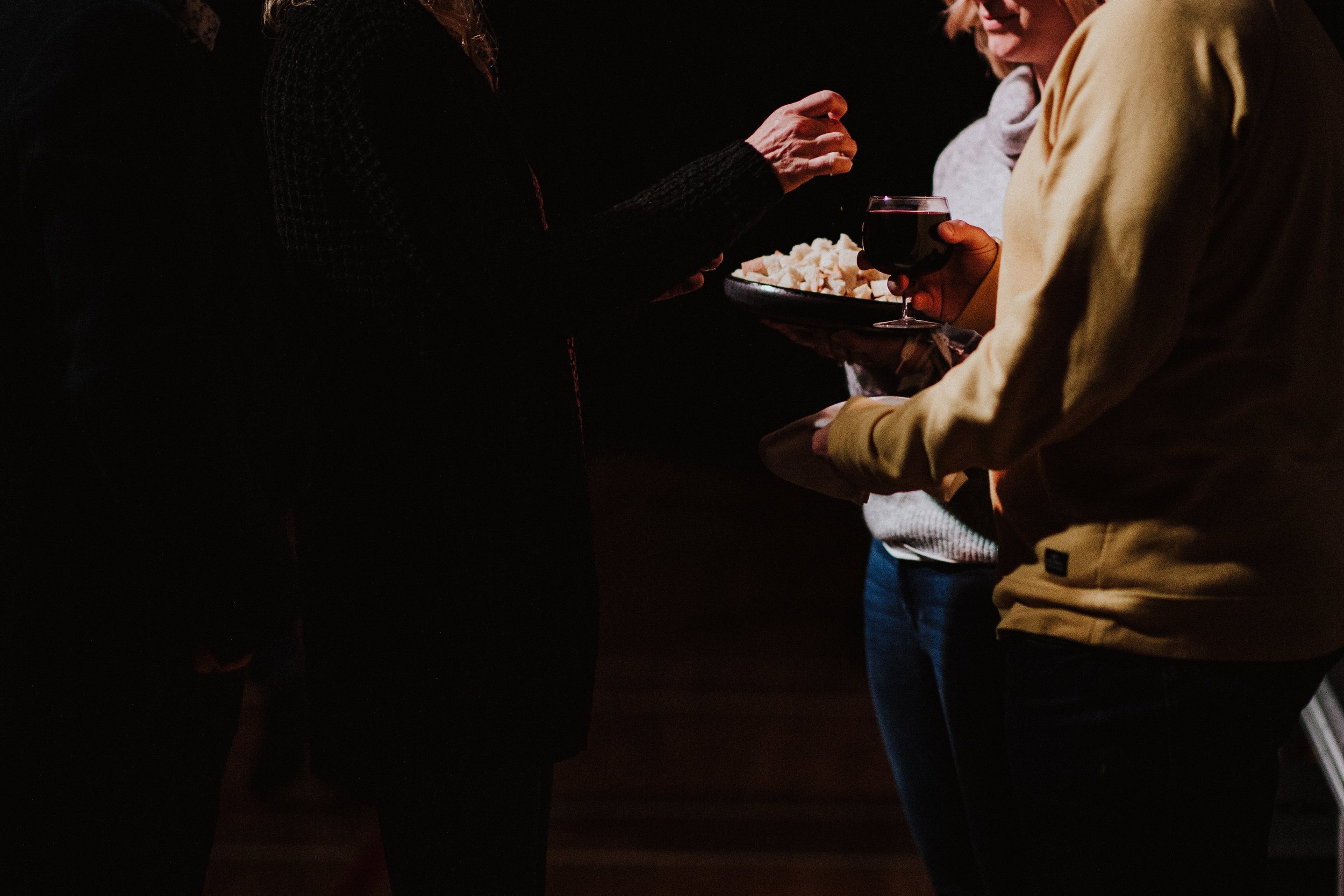Replacing the Whole Blessing Thing
One of the joys of being a clergy person is that clergy are invited into people’s lives to bless things. We bless animals, babies, homes, and even cars. I have been asked to bless all sorts of jewelry and grown ups at weddings. Each Sunday we bless the congregation as the worship ends and the service begins.
Of all the things that I have been asked to bless there is a common element to them all. The things that we bless are whole. They are complete. They are finished. I have not blessed a broken bone. I have not blessed a crack in a house. I have not blessed a ring that is missing a stone.
The only exception to the “bless what is whole” rule is communion.
It is incredible to me that Jesus blesses bread and wine and then instantly breaks and pours it out. Can you imagine blessing a house then immediately breaking a window? Each communion we replace the “bless what is whole” rule with “bless what is broken” rule.
For all the times we feel less than whole. For all the people who are treated less than whole. Jesus blesses you. Not in your wholeness. You are blessed in the brokenness.
What sort of God is this that intentionally blesses the broken?
Catechism is not enough...
From his book, The God Who Comes, the late Carlo Carretto sates:
The catechism is not enough, theology is not enough, formulas are not enough to explain the Unity and Trinity of God. We need loving communication, we need the presence of the Spirit. That is why I do not believe in theologians who do not pray, who are not in humble communication of love with God. Neither do I believe in the existence of any human power to pass on authentic knowledge of God. Only God can speak about himself, and only the Holy Spirit, who is love, can communicate this knowledge to us. When there is a crisis in the Church, it is always here: a crisis of contemplation.
In all the conversation about the future of the UMC. The concern about people not "following the Discipline" and those who "unequally apply the Discipline". The chatter about Love Your Neighbor and the Wesleyan Covenant Association. The chatter around the UMC is one emphasizing the practical, relevant and the immediate. To put it another way, we focus on the things that are not contemplation.
When we are have the same vigor around the need for silence that we do around protesting. When we are concerned about what pastors are "being still" than where they are marching. When we are more concerned about the Church's relationship with Christ than who is getting married. Then we are beginning to see a Church that is moving from our crisis.
Until the days of loving and humble communication, we will be in crisis.
Christians Eating Dog Food
Sitting at the local coffee shop and I met a computer programmer who works for GoToMeeting in the screen sharing department and her boyfriend who is a cancer researcher. They were by far the smartest people in the room. In the course of the conversation, I asked if they travel very often and it was stated that she (the computer programmer) travels a lot for work.
She said that at GoToMeeting they have a product that allows them to work remotely and so it is a great place for her to work at. She said that the company requires the employees to "eat the their own dog food."
Having never heard this phrase before she explained that it is a way to ensure that the product is a good product: if you make it you have to use it (much like the people who make dog food must eat it to ensure it is not something they would not give their own animals).
Of course this instantly called to mind Ezekiel:
“He said to me, O mortal, eat what is offered to you; eat this scroll, and go, speak to the house of Israel. So I opened my mouth, and he gave me the scroll to eat. He said to me, Mortal, eat this scroll that I give you and fill your stomach with it. Then I ate it; and in my mouth it was as sweet as honey.”
Superficially it seems like an odd metaphor to talk about eating the scriptures, but it is clearly a powerful metaphor for reflection.
Christians say it is important to love. That is great. Can we eat that dog food?
Christians say it is important to forgive. Wonderful. When have you recently eaten that dog food?
Christians say that there is nothing to fear for God is with us, but then we freak out with the rest of the world when things look bleak.
Maybe we Christians need to eat the dog food.

Be the change by Jason Valendy is licensed under a Creative Commons Attribution-NonCommercial-ShareAlike 3.0 Unported License.















